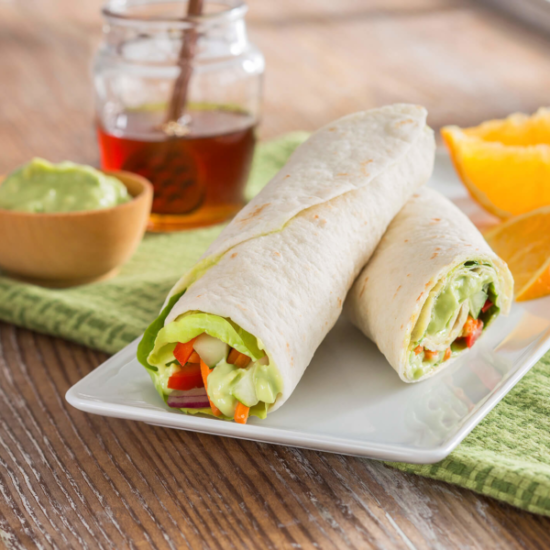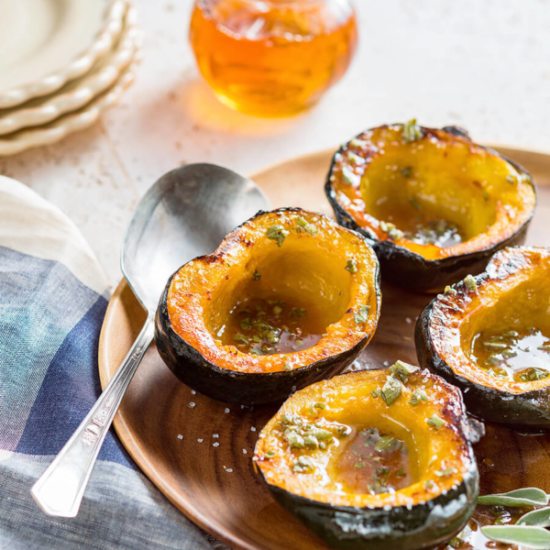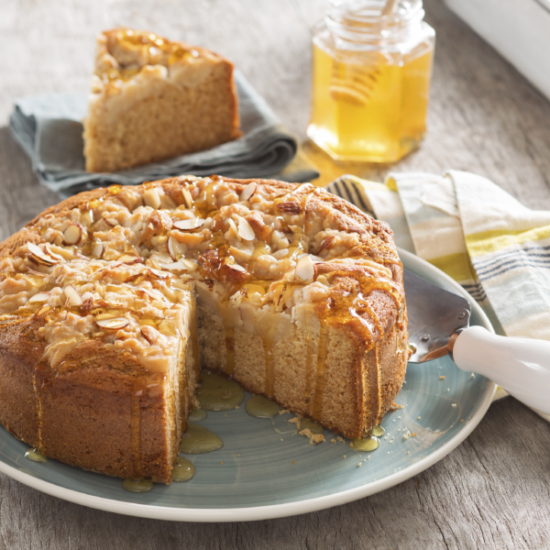
Happy Earth Day! What started in 1970 as a national event attended by 20 million Americans (10% of the U.S. population at the time) has blossomed into a global movement celebrated by over a billion people in over 184 countries. In its 50 years, Earth Day has taken on many of the environment’s biggest issues – oil spills, air and water pollution, global warming and even clean energy – and nationally has led to the creation of the Environmental Protection Agency (EPA) and the passage of such monumental legislation as the Clean Air, Clean Water, National Environmental Education, Occupational Safety & Health, and Endangered Species Acts, while internationally paving the way to the UN Earth Summit and the 2015 Paris Agreement.
According to EarthDay.org, “[t]oday, Earth Day is widely recognized as the largest secular observance in the world, marked by more than a billion people every year as a day of action to change human behavior and create global, national, and local policy changes.” The theme for its 50th year is climate change, as impacts have been felt around the world, and the Earth Day Network expects that by the end of 2020 every nation will increase its support of and commitment to the 2015 Paris Agreement on climate change. Want to know how you can get involved and fight against climate change and other environmental issues? Check out EarthDay.org.
And of course, we can’t talk about Earth Day without the pollinators that keep our world turning, in particular the honey bee. In addition to making the golden liquid of their namesake, honey bees also perform the vital function – a second shift as we like to call it - of pollination, or the transferring of pollen from plant to plant, thus fertilizing the plants and enabling them to bear fruit. Without the honey bees' pollination work, the quantity and quality of many crops would be reduced and some would not yield at all.
Here's a fun fact: about one-third of the U.S. diet is derived from insect-pollinated plants and honey bees are responsible for about 80 percent of that process. Simply by doing what comes naturally to them, pollinators contribute billions of dollars to U.S. agriculture. But while honey bees are some of the most efficient workers, they can’t do all the work on their own, and that is where beekeepers steps in.
In addition to harvesting honey, beekeepers truly are the keepers of the bees – they monitor the health of the hive, treat as needed, split hives to enable growth, and provide good forage for them throughout the year, and especially during the winter. Beekeeping is so much more than just a job, it really is an art, which is why we are so excited to share a new project we’ve been working on with you!
More than just a job, the art and craft of beekeeping is a true labor of love, and the National Honey Board is excited to bring its story to life through its Celebrating Beekeeping program. This educational video series will shine a light on the story of beekeeping and honey production, both domestically and internationally, highlighting the impact the honey industry can have on communities around the world.
In honor of Earth Day, we are excited to share the first episode with you. We can’t wait to share more stories with you as this program grows!
It is thanks to these pollinators that we get to enjoy avocados, blueberries, cucumbers, tomatoes, and almonds, just to name a few, but in order to continue enjoying the fruits of their labors (see what we did there...?), we need to make sure we protect and help these pollinators, and we've got five easy ways to do just that:
- Plant bee-friendly flowers and flowering herbs in your garden and yard.
- Reduce or limit the use of chemicals and pesticides to treat your lawn or garden while plants are in bloom.
- Bees are thirsty. Put a shallow basin of fresh water with marbles or rocks in it for the bees to land on outside your home.
- Learn how to be a beekeeper with sustainable practices.
- Donate to an organization dedicated to helping protect and promote honey bees and other pollinators.
Today is a day for celebration, and what is a celebration without food? To thank all that our native pollinators do to keep our world buzzing, we are sharing 10 of our top recipes that are brought to you by Mother Earth and our essential pollinators.
No one is too small to make a difference and we can all help out our pollinators and our world in our own little way. Happy Earth Day!










